Cobblers' Bridge
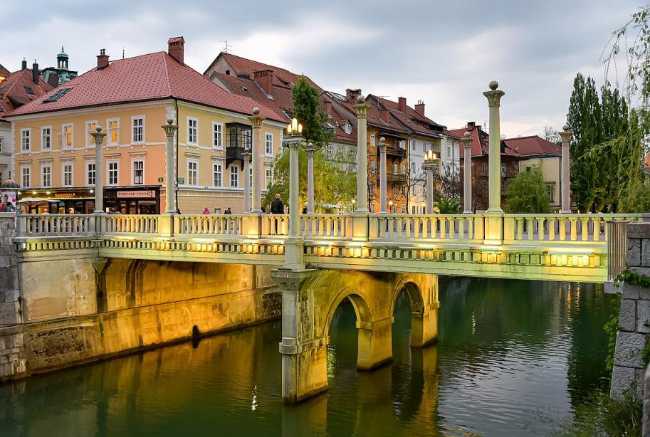
Cobblers’ Bridge, also known as Shoemakers’ Bridge (Čevljarski most), is one of Ljubljana’s most charming and historic crossings over the Ljubljanica River. Originally a medieval wooden bridge lined with cobblers’ workshops—hence its name—it was redesigned in 1931 by famed architect Jože Plečnik as part of his visionary transformation of the city. The current stone bridge features a distinctive colonnade of short balusters and tall pillars topped with stone spheres and lamps, creating a rhythmically elegant silhouette. It connects Mestni trg and Novi trg, two key squares in the Old Town, and serves as both a thoroughfare and a gathering place. The bridge’s open design invites leisurely strolls and offers picturesque views of the riverbanks and surrounding architecture. On Sundays, it comes alive with flea markets and live music, adding to its vibrant atmosphere. As part of Plečnik’s UNESCO-listed legacy, Cobblers’ Bridge is not just a functional structure but a cultural landmark that embodies Ljubljana’s blend of history, design, and community spirit.
Ljubljana SloveniaCobblers' Bridge, also known as Shoemakers' Bridge (Slovene: Čevljarski most or Šuštarski most), is a historic pedestrian bridge spanning the Ljubljanica River in the heart of Ljubljana’s Old Town. It connects Mestni trg (Town Square) and Stari trg (Old Square), two major medieval areas, and is just a short walk from Prešeren Square and the iconic Triple Bridge. Designed by architect Jože Plečnik in 1931, the bridge is distinguished by its classical columns and elegant balustrades, making it a notable architectural landmark. Nearby, visitors will find many of Ljubljana’s key attractions, including the Town Hall (Mestna hiša) and Robba Fountain at Town Square, the National and University Library, the Slovenian Theatre Institute, and several art galleries. The area around the bridge is lined with charming cobblestone streets, cafes, artisanal shops, and lively markets, offering a vibrant atmosphere and easy access to the city’s main cultural and historical sites.
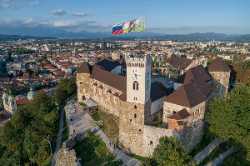 Ljubljana Castle
Ljubljana
Ljubljana Castle
Ljubljana
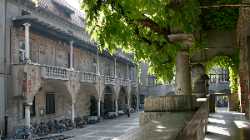 Križanke Summer Theatre
Ljubljana
Križanke Summer Theatre
Ljubljana
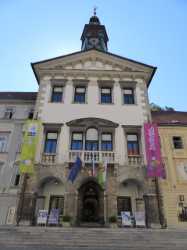 Mestna hiša
Ljubljana
Mestna hiša
Ljubljana
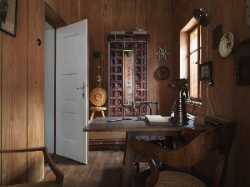 Plečnik House
Ljubljana
Plečnik House
Ljubljana
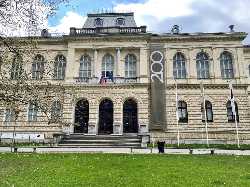 National Museum of Slovenia
Ljubljana
National Museum of Slovenia
Ljubljana
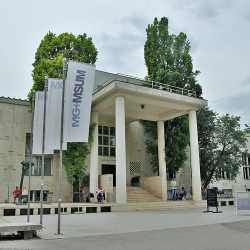 Moderna galerija
Ljubljana
Moderna galerija
Ljubljana
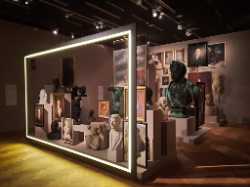 City Museum of Ljubljana
Ljubljana
City Museum of Ljubljana
Ljubljana
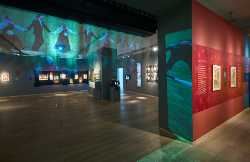 Slovene Ethnographic Museum
Ljubljana
Slovene Ethnographic Museum
Ljubljana
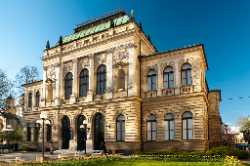 National Gallery of Slovenia
Ljubljana
National Gallery of Slovenia
Ljubljana
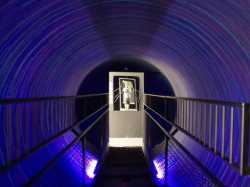 Museum of Illusions
Ljubljana
Museum of Illusions
Ljubljana
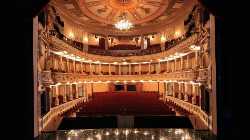 Ljubljana Opera House
Ljubljana
Ljubljana Opera House
Ljubljana
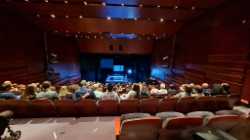 Ljubljana City Theatre
Ljubljana
Ljubljana City Theatre
Ljubljana
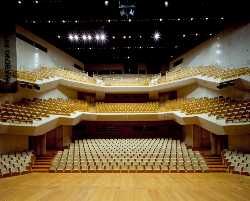 Cankarjev dom Cultural and Congress Centre
Ljubljana
Cankarjev dom Cultural and Congress Centre
Ljubljana
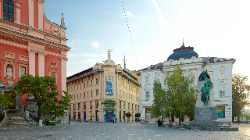 Prešeren Square
Ljubljana
Prešeren Square
Ljubljana
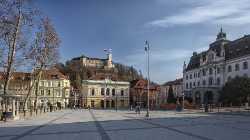 Congress Square
Ljubljana
Congress Square
Ljubljana
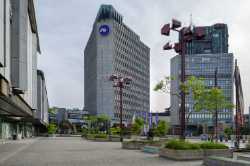 Republic Square
Ljubljana
Republic Square
Ljubljana
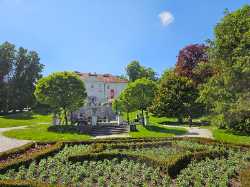 Tivoli Park
Ljubljana
Tivoli Park
Ljubljana
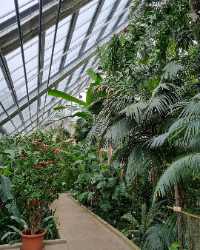 Botanični vrt Univerze
Ljubljana
Botanični vrt Univerze
Ljubljana
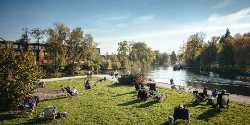 Špica Park
Ljubljana
Špica Park
Ljubljana
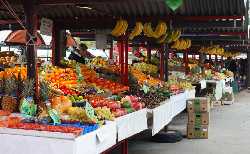 Osrednja tržnica
Ljubljana
Osrednja tržnica
Ljubljana
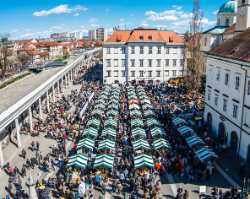 Ljubljana Open Kitchen
Ljubljana
Ljubljana Open Kitchen
Ljubljana
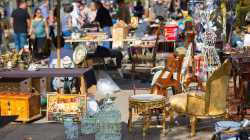 Breg Embankment
Ljubljana
Breg Embankment
Ljubljana
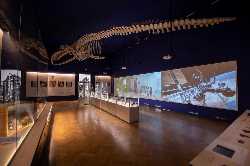 Slovenian Museum of Natural History
Ljubljana
Slovenian Museum of Natural History
Ljubljana
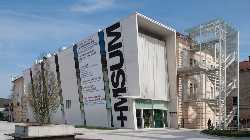 Museum of Contemporary Art Metelkova
Ljubljana
Museum of Contemporary Art Metelkova
Ljubljana
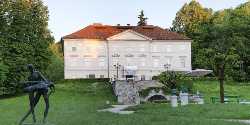 International Centre of Graphic Arts
Ljubljana
International Centre of Graphic Arts
Ljubljana
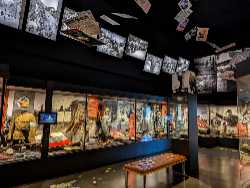 National Museum of Contemporary History
Ljubljana
National Museum of Contemporary History
Ljubljana
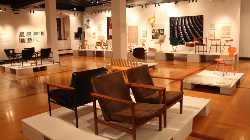 Museum of Architecture and Design
Ljubljana
Museum of Architecture and Design
Ljubljana
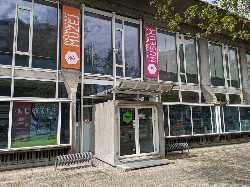 Computer History Museum Slovenia
Ljubljana
Computer History Museum Slovenia
Ljubljana
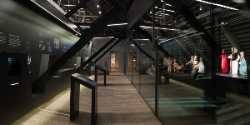 Museum of Puppetry
Ljubljana
Museum of Puppetry
Ljubljana
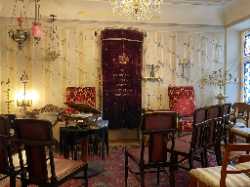 Jewish Cultural Center
Ljubljana
Jewish Cultural Center
Ljubljana
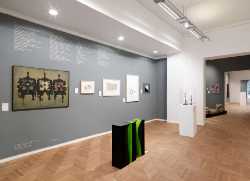 Ljubljana City Gallery
Ljubljana
Ljubljana City Gallery
Ljubljana
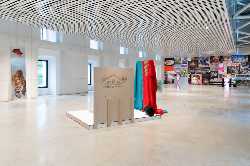 Cukrarna Gallery
Ljubljana
Cukrarna Gallery
Ljubljana
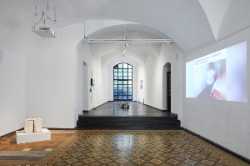 Škuc Gallery
Ljubljana
Škuc Gallery
Ljubljana
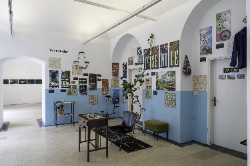 Match Gallery
Ljubljana
Match Gallery
Ljubljana
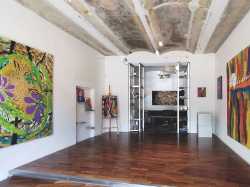 Atelje Galerija
Ljubljana
Atelje Galerija
Ljubljana
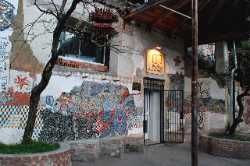 Alkatraz Gallery
Ljubljana
Alkatraz Gallery
Ljubljana
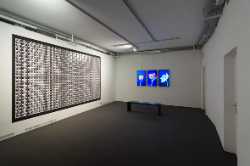 Aksioma Project Space
Ljubljana
Aksioma Project Space
Ljubljana
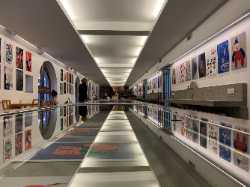 DobraVaga
Ljubljana
DobraVaga
Ljubljana
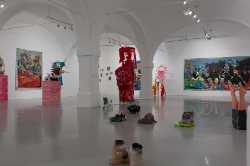 Galerija Equrna
Ljubljana
Galerija Equrna
Ljubljana
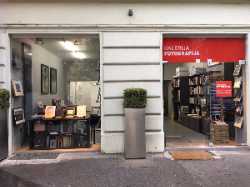 Galerija Fotografija
Ljubljana
Galerija Fotografija
Ljubljana
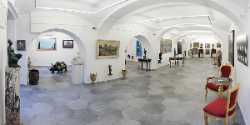 Galerija Antikvitete Novak
Ljubljana
Galerija Antikvitete Novak
Ljubljana
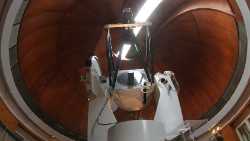 Astronomsko-geofizikalni observatorij Golovec
Ljubljana
Astronomsko-geofizikalni observatorij Golovec
Ljubljana
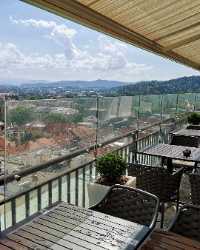 Nebotičnik Skyscraper
Ljubljana
Nebotičnik Skyscraper
Ljubljana
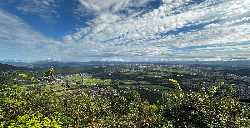 Šmarna Gora
Ljubljana
Šmarna Gora
Ljubljana
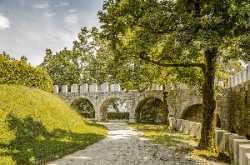 Grajski grič
Ljubljana
Grajski grič
Ljubljana
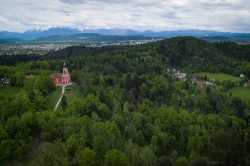 Rožnik
Ljubljana
Rožnik
Ljubljana
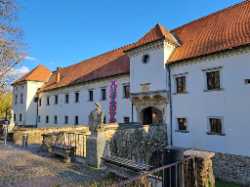 Fužine Castle
Ljubljana
Fužine Castle
Ljubljana
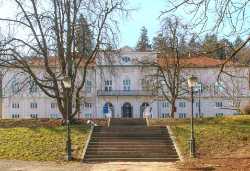 Cekinov grad
Ljubljana
Cekinov grad
Ljubljana
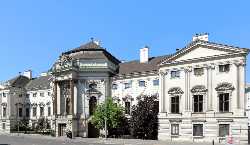 Auersperg Palace
Ljubljana
Auersperg Palace
Ljubljana
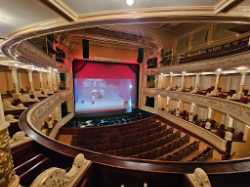 Slovenian National Theatre
Ljubljana
Slovenian National Theatre
Ljubljana
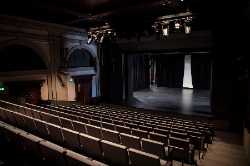 Ljubljana Puppet Theatre
Ljubljana
Ljubljana Puppet Theatre
Ljubljana
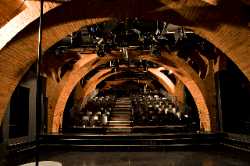 Slovenian Youth Theatre
Ljubljana
Slovenian Youth Theatre
Ljubljana
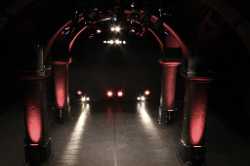 Glej Theatre
Ljubljana
Glej Theatre
Ljubljana
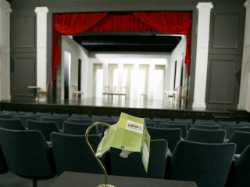 Sentjakobsko Theatre
Ljubljana
Sentjakobsko Theatre
Ljubljana
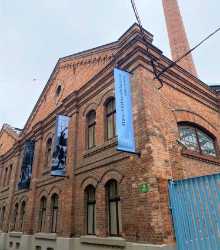 Stara mestna elektrarna - Elektro Ljubljana
Ljubljana
Stara mestna elektrarna - Elektro Ljubljana
Ljubljana
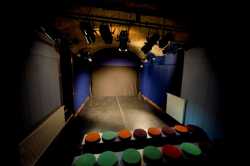 Kulturnica
Ljubljana
Kulturnica
Ljubljana
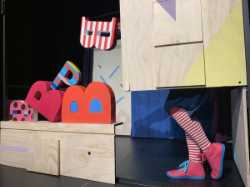 House of Children and Arts
Ljubljana
House of Children and Arts
Ljubljana
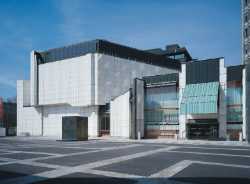 Cankarjev dom
Ljubljana
Cankarjev dom
Ljubljana